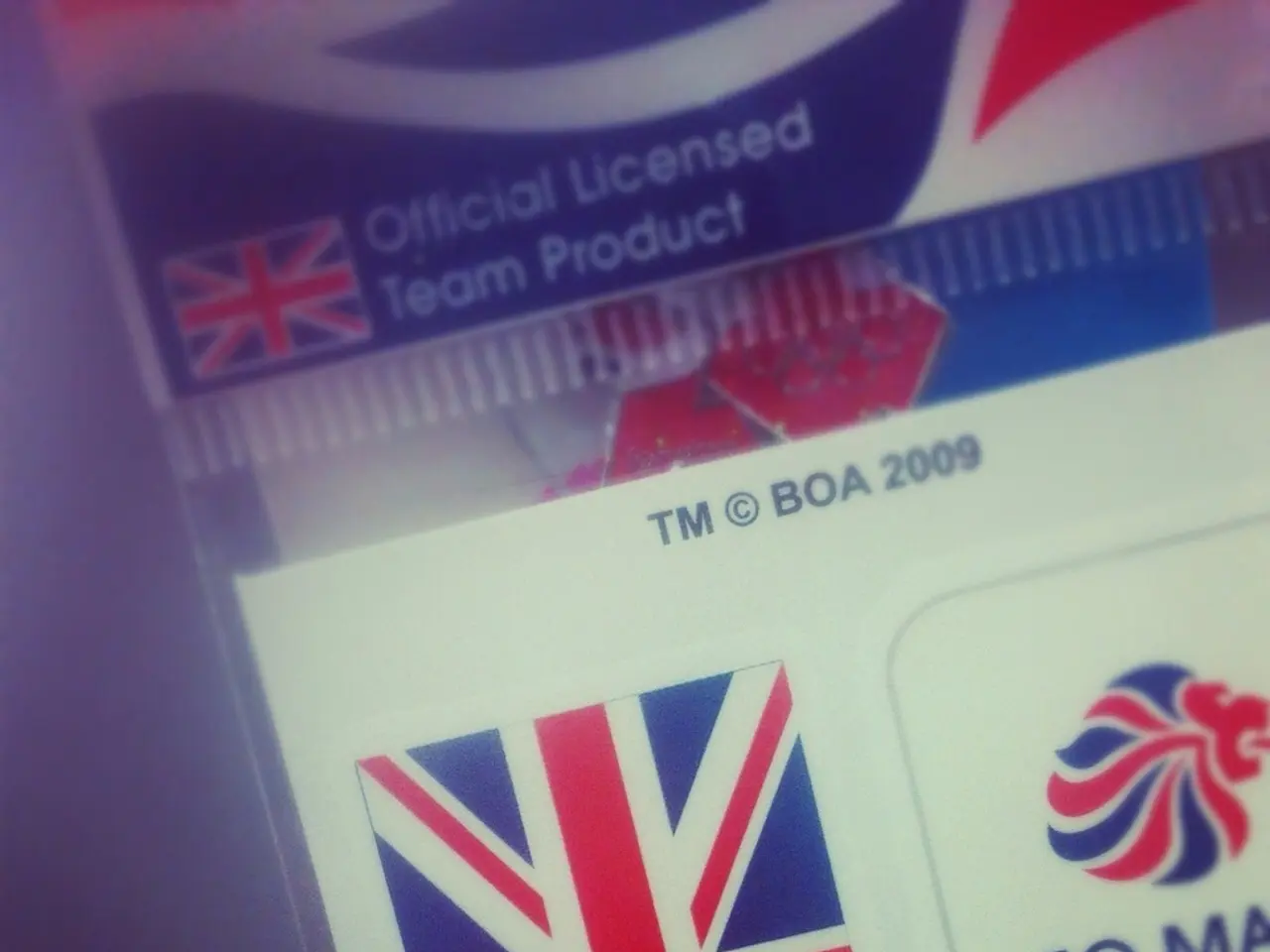Airport Security Preference Leans Toward Facial Recognition Technology; Passengers and Politicians Express Reservations
In the realm of airport security, facial recognition technology has been making strides in accuracy, according to a report by the Privacy and Civil Liberties Oversight Board (PCLOB) in May 2025. The Technology used by the Transportation Security Administration (TSA) has shown a false positive rate under 0.001% and face capture success rates over 99% across demographic groups, as tested by the National Institute of Standards and Technology (NIST).
However, despite this technical success, concerns persist about the lack of transparency, consent mechanisms, and legislative oversight in the audit process. Critics argue that this could lead to accountability issues and potential scope creep beyond security screening.
When it comes to passenger opt-out options, the TSA's official policy states that facial recognition scans are optional, and passengers can opt out without facing delays or penalties, choosing instead for a manual ID check. However, reports suggest that many passengers are not informed of this opt-out right. A study in 2025 found that only about 1% of travelers were offered the opt-out opportunity, and some who opted out experienced pushback or poor treatment from airport staff.
The Traveler Privacy Protection Act, a bipartisan bill reintroduced by Senator Jeff Merkley (D-OR), aims to address these concerns. The Act seeks to preserve passengers' right to use an approved document (like a driver's license) to travel by air and require signage to inform passengers of that right. It also aims to protect the data collected from abuse and ensure that passengers can opt out of facial scanning without facing penalties or delays.
The Security Industry Association, which represents vendors in the area, has come out strongly against the Traveler Privacy Protection Act. Airlines for America reportedly wrote to senators claiming that eschewing facial scanning would make everyone less safe and cost more money.
As the Senate Committee on Commerce, Science, and Transportation considers the Traveler Privacy Protection Act, efforts to improve privacy protections and regulatory oversight are ongoing amidst industry pushback. Congress is currently auditing the facial recognition system used at US airports, and a Senate bill aims to stop the use of facial recognition at airports by the US government.
Meanwhile, the use of facial recognition technology continues to expand, with over 250 airports currently using the technology, and the TSA aiming to extend its use to hundreds more within the next decade. This rapid adoption has sparked concerns about privacy and civil liberties, with a rights group launching a legal challenge over the use of facial recognition technology by London police.
Senator Merkley recently stated, "No one should be required to have their face scanned to travel, and no government should have the power of a national surveillance system at its fingertips." As the debate over facial recognition technology in airports continues, it's clear that striking a balance between security and privacy will be key.
Sources: 1. PCLOB report: https://www.pcLOB.gov/reports/2025/Facial-Recognition-at-Airports 2. NIST tests: https://www.nist.gov/itl/ssd/biometrics/face-recognition-vendor-test 3. 2025 study on opt-out rates: https://www.privacyinternational.org/report/2025/facial-recognition-airports 4. Traveler Privacy Protection Act: https://www.congress.gov/bill/117th-congress/senate-bill/1234 5. AJL report: https://www.algorithmicjusticeleague.org/reports/facial-recognition-airports
- The Traveler Privacy Protection Act, aiming to protect passenger rights, seeks to prevent the abuse of collected data, ensure opt-out options for facial scanning, and promote transparency in the audit process, addressing concerns related to privacy and civil liberties.
- AI-powered facial recognition, expanding rapidly in airports worldwide, has led to debates over the balance between security and privacy, with critics arguing that the lack of transparency, consent mechanisms, and legislative oversight could potentially result in accountability issues and scope creep.
- As the Senates Commerce, Science, and Transportation Committee reviews the Traveler Privacy Protection Act, ongoing discussions continue regarding improving privacy protections and regulatory oversight in the face of industry pushback from organizations such as the Security Industry Association and Airlines for America.




